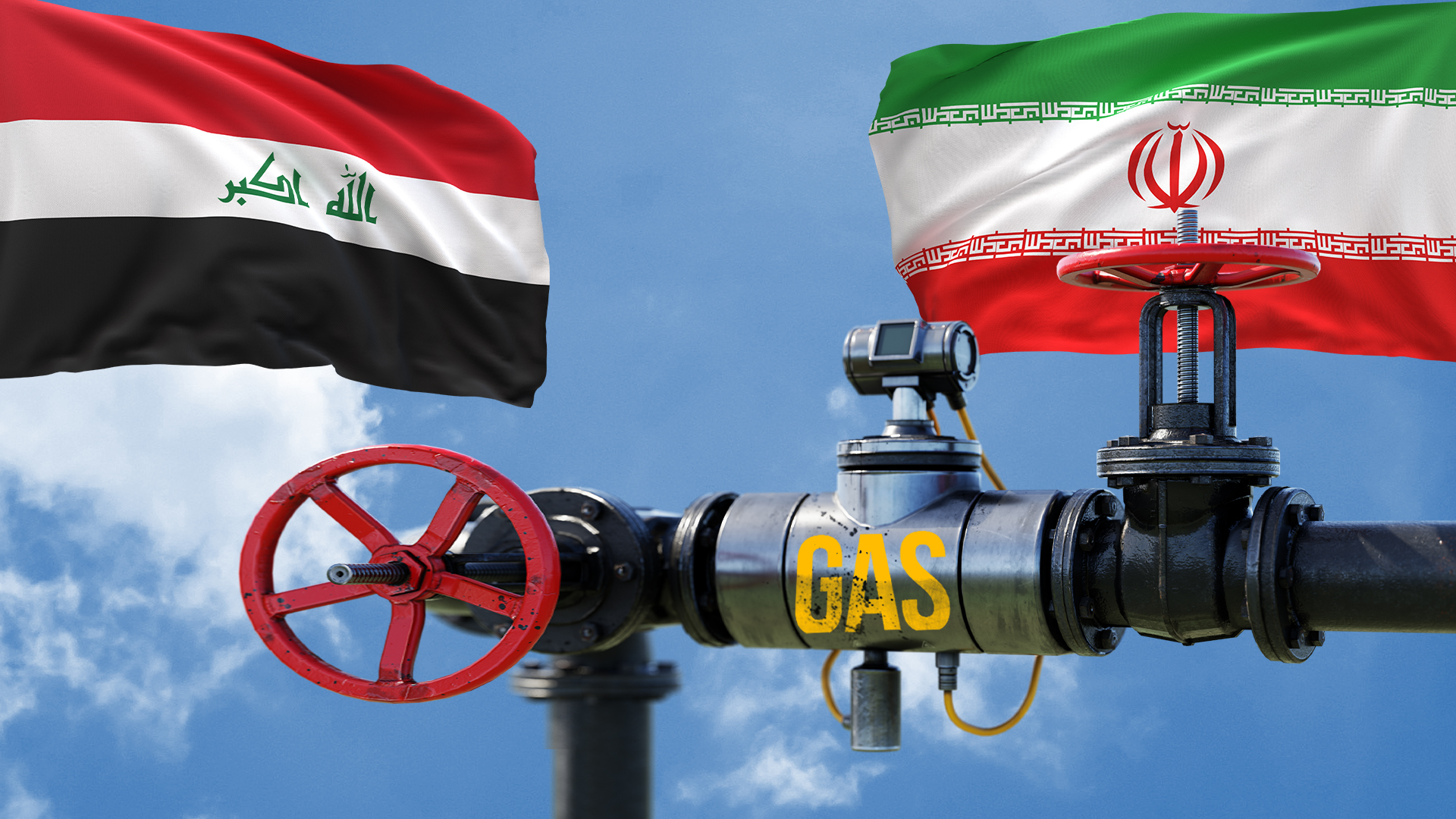Iran Halts Gas Exports to Iraq, Deepening National Electricity Crisis
Iran halted natural gas exports to Iraq for one week due to pipeline maintenance, causing significant electricity shortages as Iraq relies on Iranian gas for 30-40% of its power generation, compounding existing crises from the Khor Mor attack.

ERBIL (Kurdistan24) - Iraq’s Ministry of Electricity announced on Friday that Iran has completely suspended its natural gas exports to Iraq for a full week due to maintenance on internal gas pipelines, intensifying the country’s electricity shortages and forcing Baghdad to activate contingency plans.
Ahmed Mousa, spokesperson for Iraq’s Ministry of Electricity, told the Iraqi News Agency on Friday, that Iran had officially notified Baghdad—through a formal letter—that gas supplies would be halted for one week because of ongoing maintenance on Iranian gas pipelines.
Mousa noted that three days of the suspension period have already elapsed, and the remaining four days are expected to be completed before gas flow resumes, provided Iran finalizes its maintenance work.
He stressed that Iraq has prepared alternative fuel plans to keep power stations operational until Iranian gas supplies restart, explaining that backup fuel allocations are now being delivered to stations dependent on gas.
Most of Iraq’s modern electricity generation stations—including Besmaya, Mansuriya, Sadr, and several others—operate on natural gas. Because Iraq does not produce enough of its own gas, the national power system depends heavily on Iranian imports.
According to the ministry:
-30% to 40% of Iraq’s electricity relies on Iranian gas.
-When gas supplies stop, Iraq loses thousands of megawatts from its national grid.
-This directly reduces the hours of electricity supply provided to households.
Iraq requires 50 to 55 million cubic feet of gas per day to produce 7,000 to 8,000 megawatts of electricity.
When Iran reduces its exports, daily gas supply can drop to 5–10 million cubic feet, resulting in a loss of 6,000 to 7,000 megawatts from the grid.
Iraq also imports 1,200 megawatts of electricity daily from the Kurdistan Region.
However, this supply has been suspended due to the recent attack on the Khor Mor gas field, further tightening available power nationwide.
Omed Ahmad, spokesperson for the Kurdistan Region’s Ministry of Electricity, told Kurdistan24 that the consequences of the attack are severe and immediate.
He stated: “The attack on the Khor Mor gas field in Chamchamal has reduced the electricity produced by about 80%. The small amount of remaining power will be distributed equally across cities, water projects, hospitals, and essential areas.”
Ahmad further explained that the shutdown of gas production has left the ministry unable to meet public demand:
“In the current situation, where gas production at Khor Mor has been stopped, we do not have sufficient electricity to distribute to everyone until gas production returns to normal.”
Iran’s maintenance shutdown comes at a time when Iraq is already struggling with high seasonal demand and structural deficiencies in its power sector. The country remains heavily dependent on imported gas to operate its most efficient gas-fired power stations.
The Ministry of Electricity emphasized that its contingency planning aims to limit disruptions, but shortages will continue until Iranian gas flows resume.
With days still remaining in Iran’s maintenance period and alternative fuel supplies offering only partial relief, Iraq faces a deeper electricity crisis. Officials say full stabilization of the national grid will depend on the timely restoration of Iranian gas exports.